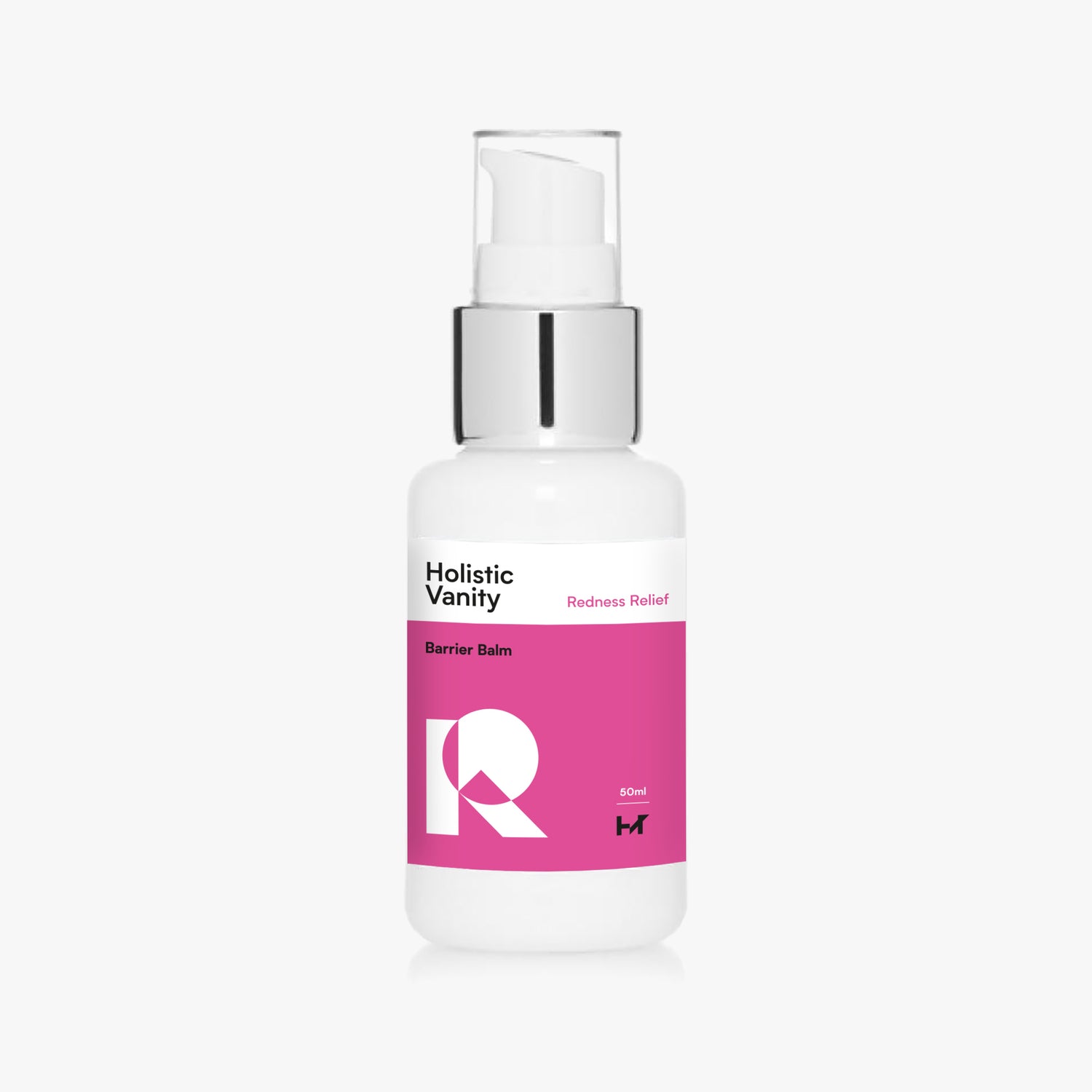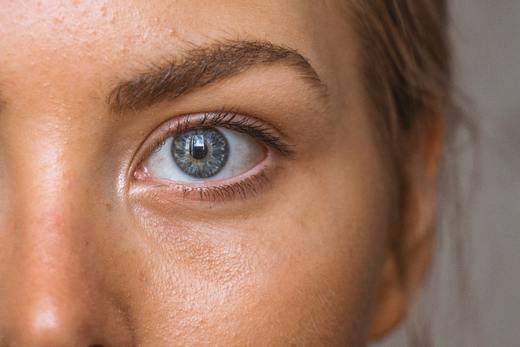I have burnt skin this week, causing a big beauty tantrum.
It began with my wailing about inevitable scarring! And ended with Ben comforting me (and probably rolling his eyes discretely) while encouraging me to devise a scar-preventing game plan.
Despite the fact I have resolved to be less OCD about my skin, scars are something I obsess over. Its a good thing I know a thing or two about treating them.
So, this week, I thought I'd let those that scar easily in on some secrets (and pledge to myself to stop being so clumsy). This post is all about solutions for preventing and healing scars.
Scarring is caused by skin trauma. Whether its the aftermath of a large blemish or the melanin response to a sun burn, a scar is caused by inflammation.
Skin with darker tones will scar usually more easily, as will dehydrated skin.
When preventing the onset of a permanent skin mark, the source of the inflammation will be key in dictating what route of treatment to take.
Acne scars:
If the scar is from acne, the best thing to do is nourish your skin.
Organic Rosehip Oil has done wonders for many people and is touted as a great scar treatment. But if your skin is still breaking out, it can make you BREAKOUT MORE.
Yep, I've seen this many many times.
In this case, I would either choose another oil or try alternating with another oil type like Argan. Something that will not overstimulate your skin.
Encouraging collagen production with skincare loaded with Vitamin C is also excellent, or just go straight to the source and use an HLA or Protein Serum.
Another very important factor is the CONCENTRATION of a product. It's all fine and dandy for a product to contain repairing ingredients but if it's HEAVILY DILUTED then it's not gonna help that much. This is why there is a big deviation in the outcomes of therapeutic skincare. There are countless Hyaluronic or Vitamin Serums but they are not all made the same.
I prefer waterless formulas that pack their BASE with active ingredients.
But let's get back to understanding scars....
You must determine if they are considered "young" or "old".
Young scars are red or brown marks which can often still be treated by topicals.
Old scars are whitish silver in colour or come in the form of pitted marks.
These scars must be deeply exfoliated followed by the previously mentioned nourishing topicals.
Pitted marks the hardest to reverse, and extensive Microneedling, Sea salt Microdermabrasion or Laser are the only effective options I've seen with my own eyes. I'm deeply skeptical if I haven't seen results personally.
Burns
When you burn your skin, it's very different from how we treat potential acne scars.
Avoid oil and keep the skin cool for at least 24 hours.
Oil can increase heat and inflammation in the skin (think of how we use cooking oil to increase the heat of a pan) - and the more inflammation, the deeper the burn. Even my fav anti-inflammatory oils wouldn't be recommended at this time.
Use water-based ingredients like Aloe Vera until the skin loses its redness. If the skin is hot to the touch, apply cold compresses.
Apply cooling gels multiple times per day to keep the skin moist; these can take the place of a heavier cream until the inflammation has dissipated.
But you must keep the skin moist. Dehydrated skin does not repair well.
When you start to flake or peel, just keep moisturizing and do not exfoliate. I always say, "Peeling is healing" so it's a good sign!
Any itchiness you may feel from skin peeling must remain unscratched. It's a pain to endure but it's important in order to prevent a permanent mark.
When the redness has gone, your skin will either be completely back to normal or left with a brown mark. If this happens, begin using a natural healing plant oil everyday.
Older burn scars can still sometimes fade after 1-3 years, so don't lose hope. However, treating it immediately with the above steps can help avoid this altogether.
Often cases of multiple sunburns translate into pesky pigmented lesions which are resistant to fading.
In these situations, IPL or other light therapies can be an effective option.
Nicks and scrapes
For the pigmentation-prone, even little nicks and scrapes can scar.
I have some patients that are afraid to get even the tiniest scratch because they know the marks will be around for a long time.
In these cases, ensure the area is thoroughly cleaned. Then you can apply Organic Lavender Essential Oil onto the affected area with a clean Q tip. This oil will disinfect skin and promote faster healing. As with anything, do not use if you have a known allergy and, keep in mind, using any new topical can reveal a new allergy.
If all goes to plan, a scab will form. Be sure not to remove it.... no matter how tempting.
I'm talking to those of you who pick their pores when they know they shouldn't. I've def been in that camp before, myself.
When the scab falls off, the skin should not show any remnants of the trauma.
Lavender oil is the only essential oil I have ever used undiluted on the skin but always always avoid the eye area. If you're sensitive or unsure, do a test patch to ensure your skin won't be irritated. Over my almost two decades in practice, I haven't seen this occur but I also cannot speak to the quality of oil you have access to. I'm fortunate to have access to excellent quality essences. Also, never say never with uber sensitive skin.
I personally used it for a tear on my face a few years back. After putting dozens of products on it without progress, I found that this simple oil both healed and promoted scabbing so quickly that it reminded me not to discount old reliable remedies.
Image by Amanda Dalbjorn via Unsplash


